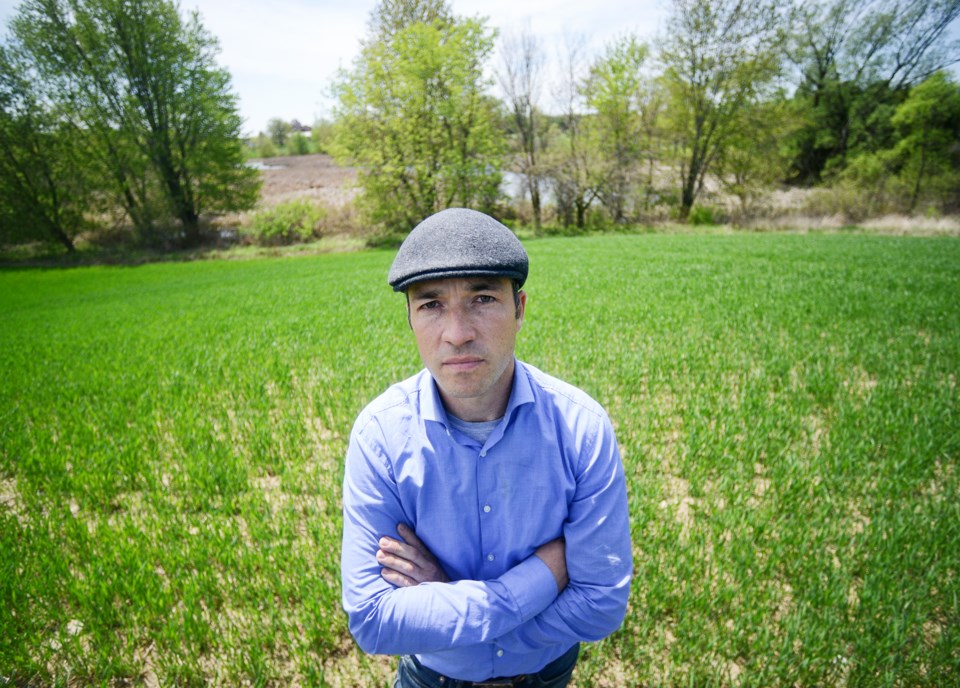Ontario’s plan to grow the Green Belt was the topic of discussion for a recent webinar, focusing in part on how adding protection to the Paris Galt Moraine would affect Guelph in the future.
Speak Up on How and Where to Grow Ontario’s Greenbelt — Guelph-Wellington was an online event held last week, hosted by the Canadian Environmental Law Association. The one-hour webinar, which is available online, covered a number of local issues pertaining to the proposal to add the Paris Galt Moraine to the existing protected Green Belt.
“The value of the Green Belt is that it’s a generational plan,” said Mike Marcolongo of Protect Our Moraine in an interview. “It’s about thinking 20, 30, 50 or 100 years into the future.”
The province’s announcement of a plan to expand the Green Belt was unexpected, said Marcolongo.
“It was a bit of a surprise announcement given some of the recent developments and planning measures and controversies in the province, but a number of us thought this is an opportunity to do something for the area,” said Marcolongo.
Guelphites should be very interested in the proposal to add to the Green Belt because part of the Paris Galt Moraine passes through the Clair Maltby area, which is slated to be a growth centre as Guelph continues to be developed.
“The challenge is, as the area will be developed, it will impact both the ecology and the hydrology of this natural system,” said Marcolongo.
Among his concerns for the development of the area is a current lack of source water protection plans.
“As you add 191,000 residents by 2041, where are those wells going to be coming from?” said Marcolongo. “I think the opportunity for the city of Guelph is let’s have a conversation about that.”
Marcolongo said Guelph is one of the largest municipalities in Ontario reliant entirely on groundwater. He would rather see those conversations now than having to make emergency plans in the future if that growth gets out of hand and the wells dry up.
“The reason residents have such great water is because of the presence of this pretty significant geological feature,” said Marcolongo of the moraine. “If we have to start putting (water) pipelines from the Great Lakes into our city 20 or 30 years from now that’s not very sound approach to growth.”
The four speakers for the event included Marcolongo, Hugh Whiteley of the University of Guelph, MPP Mike Schreiner and Anastasia Lintner of the Canadian Environmental Law Association. Topics of discussion included the need to protect water, habitat, and agriculture and advice on how the public can have their voice heard in the conversation around expanding the Green Belt.
